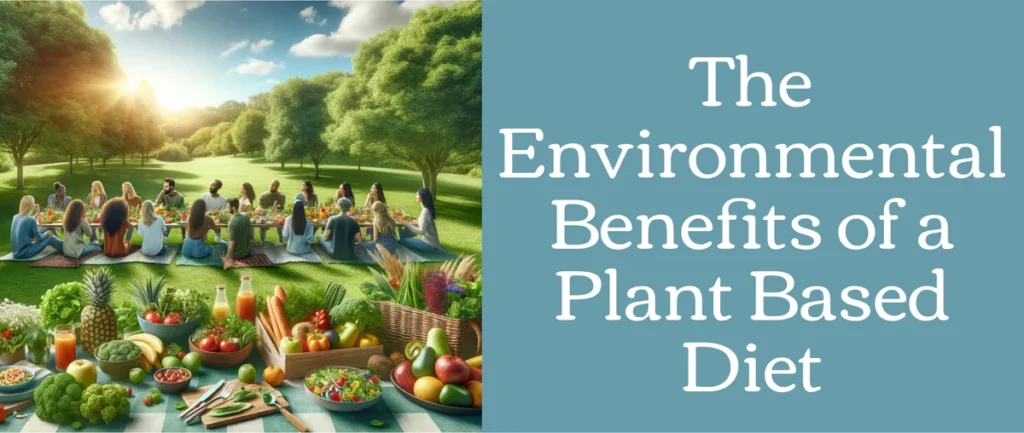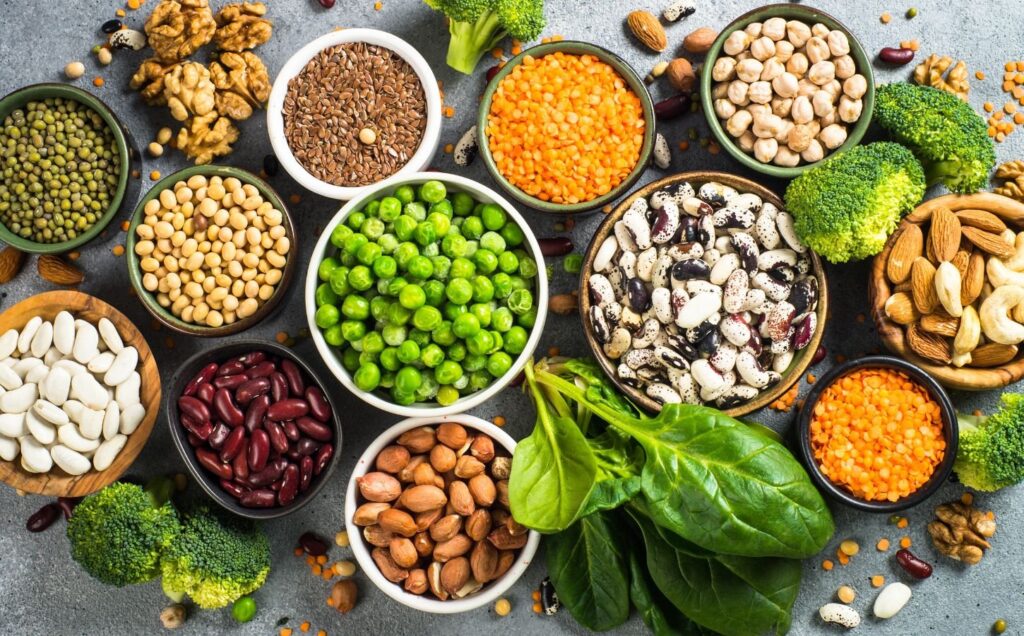Plant-based foods that are prioritized in a diet that is plant-based include fruits, vegetables, grains, nuts, seeds, legumes and mushrooms. This diet can consist entirely of plant-based foods (no animal products), only contain plant-based foods (milk and cheese and fertilized eggs might get used), or focus exclusively on foods that are plant-based with occasional animal dishes. Three main benefits of eating more plants improve health, sustainability, and moral concern.
1: Benefits to Health
Diets rich in carbs, nutrients, and vitamins are advised for optimal nutrient density. These traits can reduce the chances of getting serious illnesses such as diabetes, heart issues, and some cancers. While consuming a lot of fiber is helpful in digestion, a high level of anti-oxidants aids in fighting for cellular damage and inflammation. Additionally, diets based on plants typically have lower cholesterol and promoting better cardiovascular health.

2. Environmental Impact:
meals derived from plants typically require less resources—such as water and land—than meals derived from animals. Moreover, it produces smaller hothouse feasts, making it a more eco-friendly option. Individuals who use plant-based solutions can reduce the environmental impact and benefit to efforts to conserve.

3. Taking Nutrition into Account:
Every nutrient required for a plant-based diet may be obtained, however certain nutrients must be ingested in sufficient amounts, which requires careful preparation. Focusing in protein, which includes calcium, zinc, B12, and omega-3 adipose acids, is vital. For example, veggie legumes like tofu, almonds, and beans offer protein; fortified cereals and leafy greens are effective sources of iron. Consider enhanced dairy products and verdant surroundings. Vitamin B12, generally set up in beast products, may bear supplementation or fortified foods. Omega- 3s can be attained from flaxseeds, chia seeds, and walnuts.

4: Transition Tips:
Start by gradationally adding the proportion of plant- based foods in your diet. trial with new fashions and cover plant- based druthers for beast products. Flash back, the thing is to make sustainable changes that suit your life and salutary requirements. Increase consumption of whichever fruits and vegetables that you love or already have at home. You may add an extra serving of vegetables to your daily plate or add fruit to your breakfast and to smoothies.* Try new fruits and vegetables that you don’t eat regularly, adding one or two a week.* Try a few new plant-based foods every week. Perhaps a new grain or legume you have never had before.
* Swap traditional processed meat-based foods such as pizza, pasta, hamburgers, nuggets and sodas for plant-based alternatives. Instead of ordering a pizza, try making one at home with veggies, cashew sauce, or marinara, and adding some vegan cheese. If you were big into these foods, try eliminating one day’s worth of these a week, replacing them with a plant-based and less processed alternative.
* Change your regular peanut butter to a natural option with no added sugars, where the only ingredient is the nut or seed.

In summary, a plant- based diet offers multitudinous health benefits, reduces environmental impact, and aligns with ethical values. With thoughtful planning, it can be a nutritional and fulfilling way of eating.